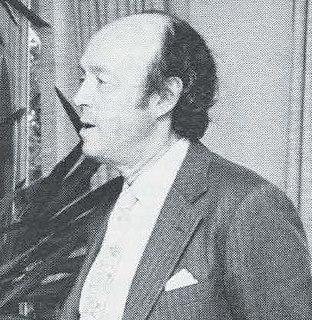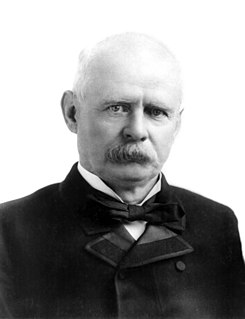A Quote by Anthony Lewis
Freedom under law is hard work. If rulers cannot be trusted with arbitrary power, it is up to citizens to raise their voices at injustice.
Related Quotes
The militia is the natural defense of a free country against sudden foreign invasions, domestic insurrections, and domestic usurpation of power by rulers. The right of the citizens to keep and bear arms has justly been considered, as the palladium of the liberties of the republic; since it offers a strong moral check against the usurpation and arbitrary power of rulers; and will generally ... enable the people to resist and triumph over them.
The very idea of freedom presupposes some objective moral law which overarches rulers and ruled alike. Subjectivism about moral values is eternally incompatible with democracy. We and our rulers are of one kind only so long as we are subject to one law. But if there is no Law of Nature, the ethos of any society is the creation of its rulers, educators and conditioners; and every creator stands above and outside his own creation.
Those who created this country chose freedom. With all of its dangers. And do you know the riskiest part of that choice they made? They actually believed that we could be trusted to make up our own minds in the whirl of differing ideas. That we could be trusted to remain free, even when there were very, very seductive voices - taking advantage of our freedom of speech - who were trying to turn this country into the kind of place where the government could tell you what you can and cannot do.
Freedom cannot always continue in comfort and convenience, cannot be assured without sacrifice, without truth and decency, without willingness to work, without downright honesty and honor, and readiness to keep the commandments and live within the law...there is no liberty without a real respect for law; no liberty if we forget God, or fail to remember the principles on which freedom is founded.
The power of discretionary disqualification by one law of Parliament, and the necessity of paying every debt of the Civil List by another law of Parliament, if suffered to pass unnoticed, must establish such a fund of rewards and terrors as will make Parliament the best appendage and support of arbitrary power that ever was invented by the wit of man.
































